Articles Archive
See all articles and discover more interesting topics!
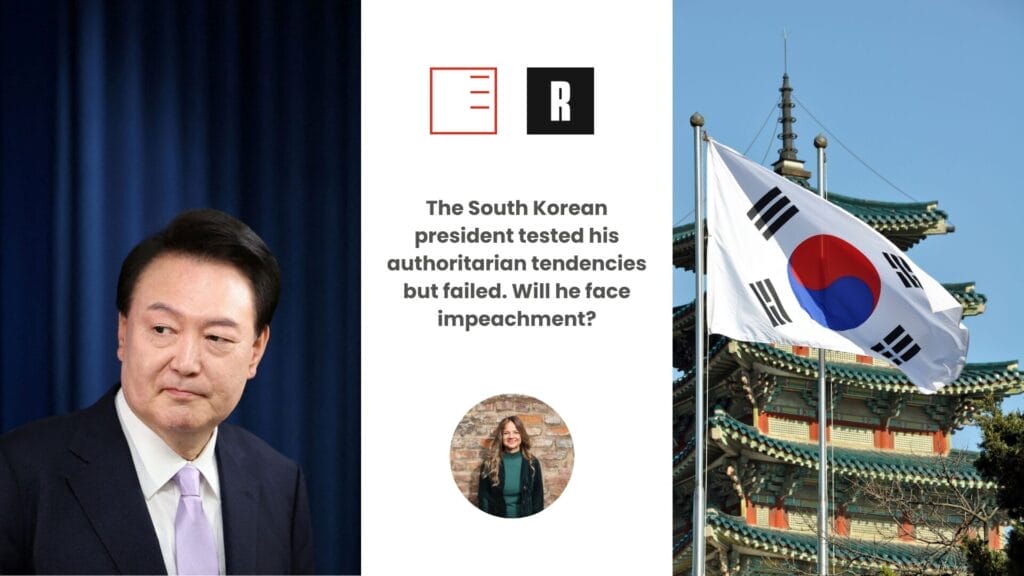
Respekt | The South Korean president tested his authoritarian tendencies but failed. Will he face impeachment?
Martial law declared by the President of South Korea lasted six hours. However, President Yoon Suk-yeol did not present any evidence to accuse the opposition of collaborating with North Korea. South Korean MPs and citizens, who, like the police, gathered at Parliament, created such pressure that the head of state backed down from his decision after a few hours. Tereza Novotná, an Associate Research Fellow at EUROPEUM Institute, commented on the situation in the podcast Výtah of Respekt magazine.
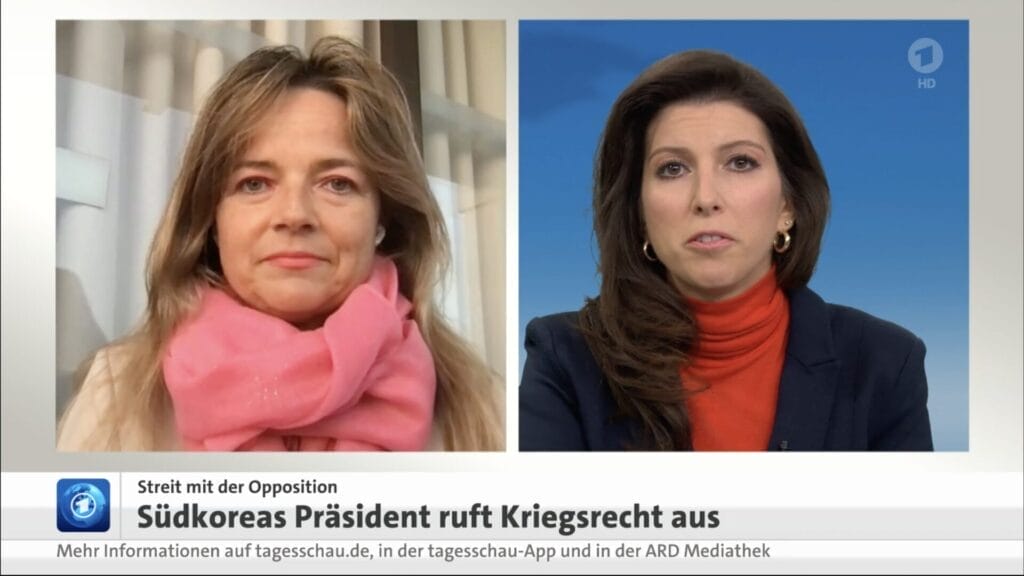
Tagesschau | South Korea's president imposed martial law and then lifted it
South Korean president Yun Sok-jol unexpectedly declared martial law and sent troops into parliament. The institution then rejected martial law, as did members of the president's party. South Korea's head of state declared martial law amid a dispute over the national budget. The President made the surprise announcement in a televised speech. In the speech, he accused the opposition of sympathizing with North Korea and paralyzing the government with anti-state activities. Tereza Novotná, Research Associate at EUROPEUM Institute, commented for Tagesschau.
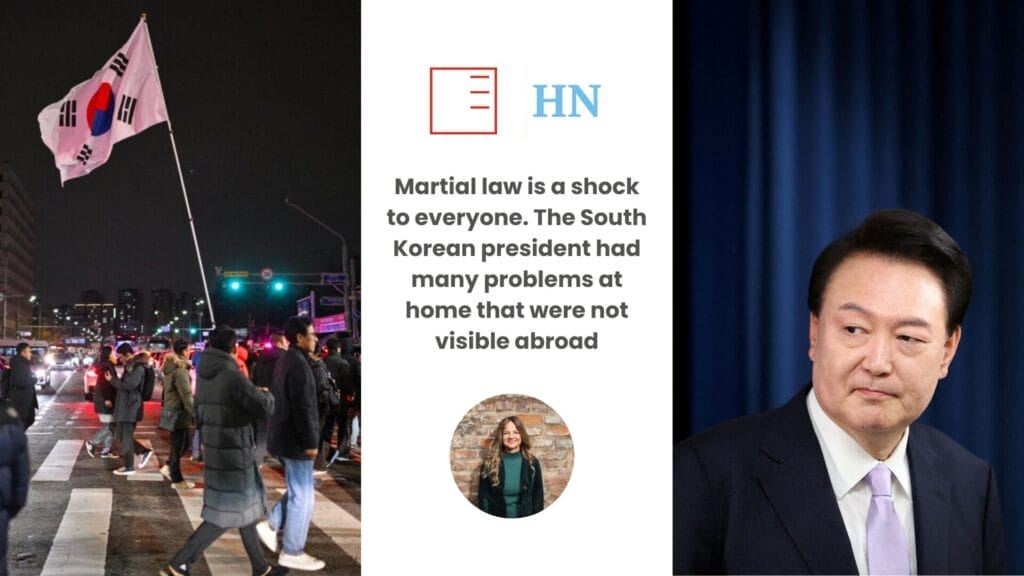
Hospodářské noviny | Martial law is a shock for everyone. South Korean president had a lot of problems at home that were not visible abroad
South Korean MPs vote unanimously against martial law. Demonstrators and parliamentary assistants clash at the entrances to the National Assembly, which has united against South Korean President Jun Sok-jool's surprise overnight decision to declare martial law for the first time since 1980.
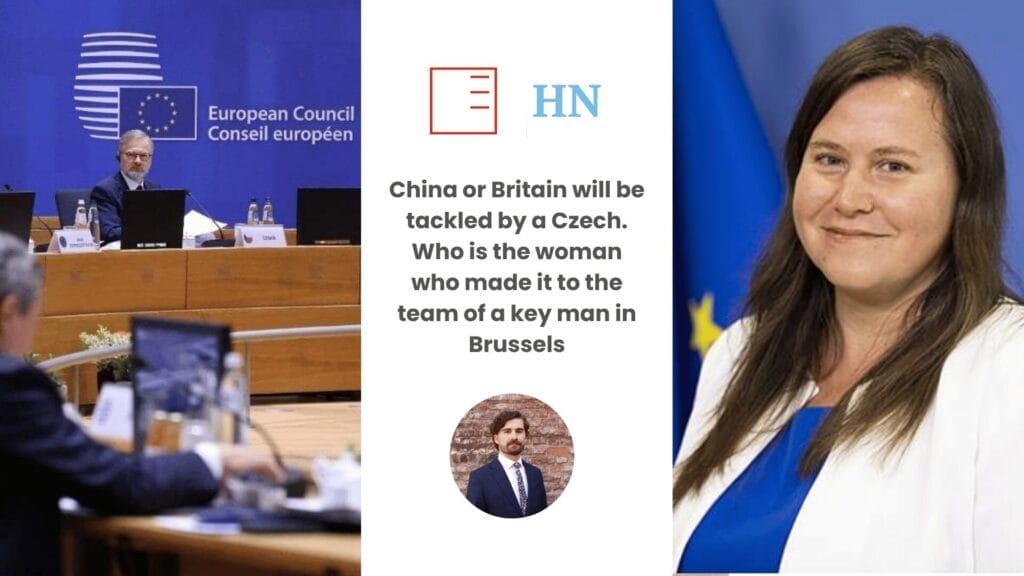
Hospodářské noviny | China or Britain will be tackled by a Czech. Who is the woman who made it to the team of a key man in Brussels
There are few more influential civil service jobs in Brussels than those in the cabinets of the most important politicians. Czech diplomat Veronika Musilová is now starting to work in just such a position. She is joining Antonio Costa, who will be president of the European Council from 1st December. Viktor Daněk, deputy director of EUROPEUM Institute, commented for Hospodářské noviny.
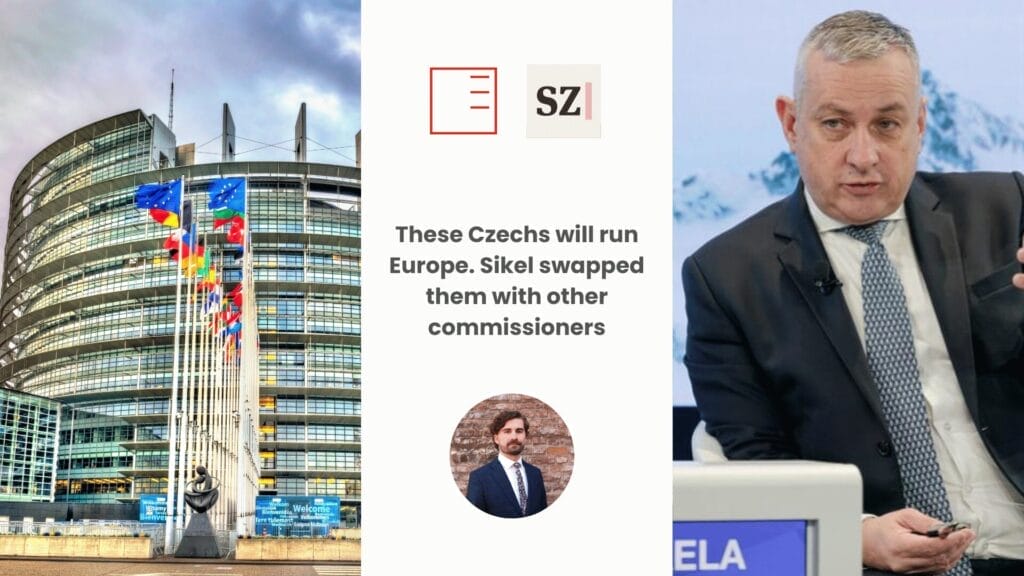
Seznam Zprávy | These Czechs will run Europe. Síkela swapped them with other commissioners
Czech representation in the European institutions is changing. Jozef Síkela has promoted several Czech candidates for key European positions in the cabinets of other Commissioners. The selection of the Czech representatives is the result of compromises between the Member States and the European Commission, with the main aim of ensuring a balance between the interests of the individual countries. Viktor Daněk, Deputy Director of EUROPEUM Institute, commented for Seznam Zprávy.
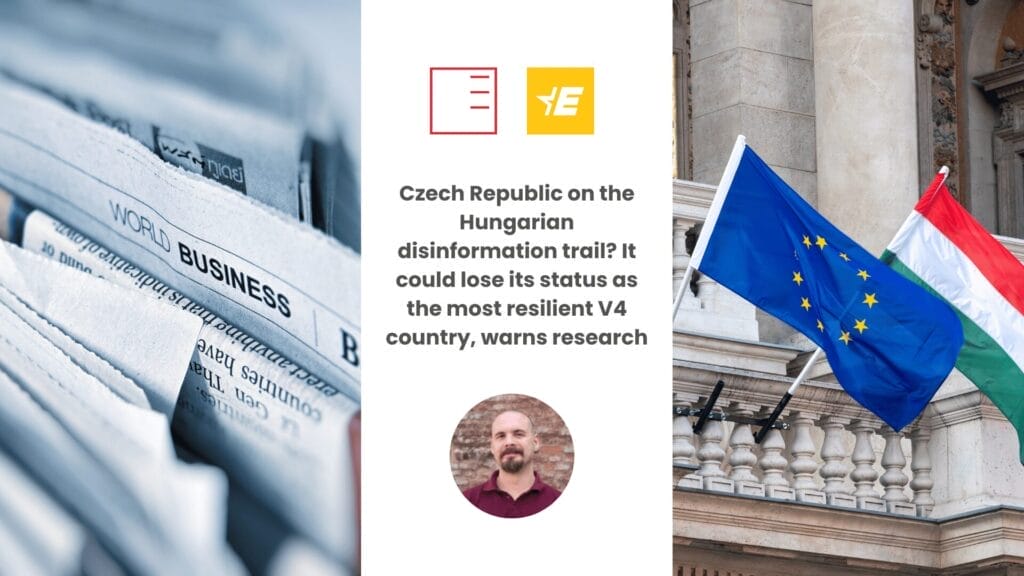
Euractiv.cz | Czech Republic on the Hungarian disinformation trail? It could lose its status as the most resilient V4 country, warns research
The Czech Republic is in danger of following the Hungarian path in accepting disinformation, especially about the war in Ukraine. While Czech citizens mostly perceive Russia as the clear aggressor, research warns against changing the narrative. The upcoming elections and the possibility of Andrej Babiš's return to power could influence the direction of Czech politics and perceptions of international issues. Oszkár Roginer-Hofmeister, project coordinator at EUROPEUM Institute, commented for Euractiv.cz
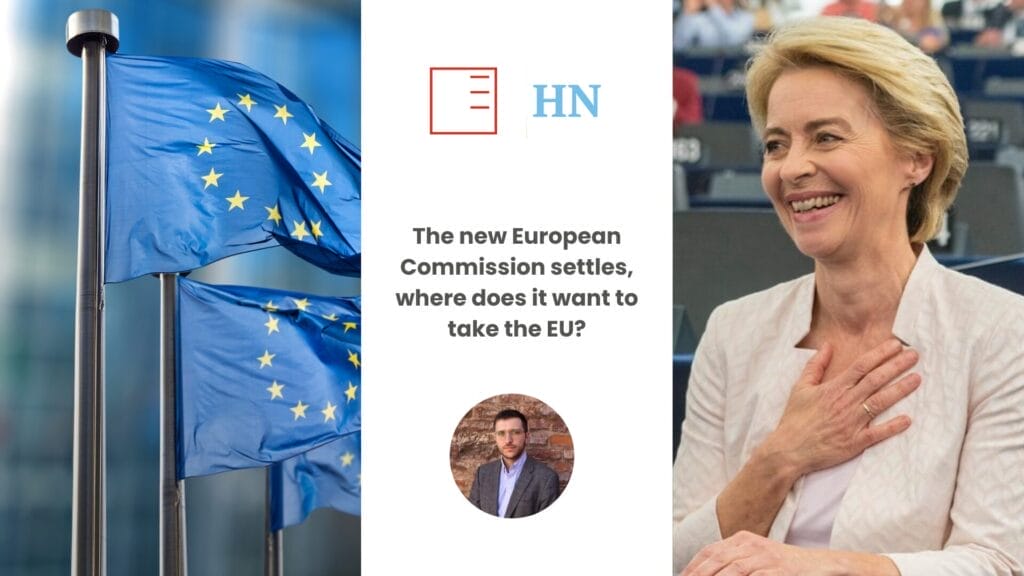
Hospodářské noviny | The new European Commission settles, where does it want to take the EU?
The new European Commission relies on a parliamentary majority that is much further to the right than before. This was shown by Wednesday's vote in which the European Parliament approved the composition of the new Commission. Also, members of the commission are dominated by members of right-wing political parties. Filip Křenek, an analyst at EUROPEUM Institute, commented for Hospodářské noviny on where the EU Commission wants to go.
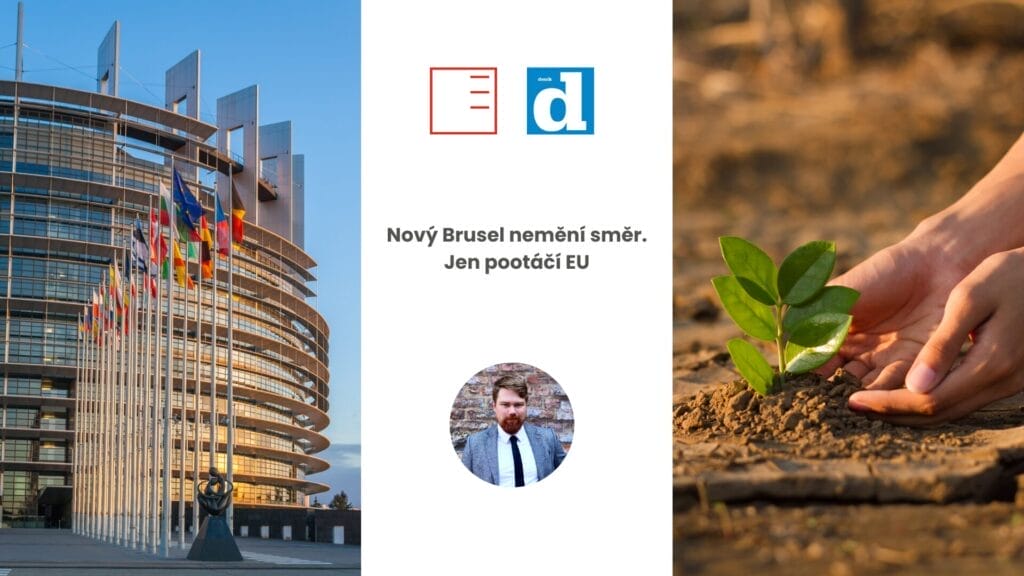
Deník.cz | The new Brussels does not change direction. It just shifts the EU around
The new European Commission is generally not expected to make any major turnaround, but to take its foot off the gas and not burden the EU with new regulations and restrictions. Martin Vokálek, executive director of EUROPEUM Institute, commented for Deník.cz.
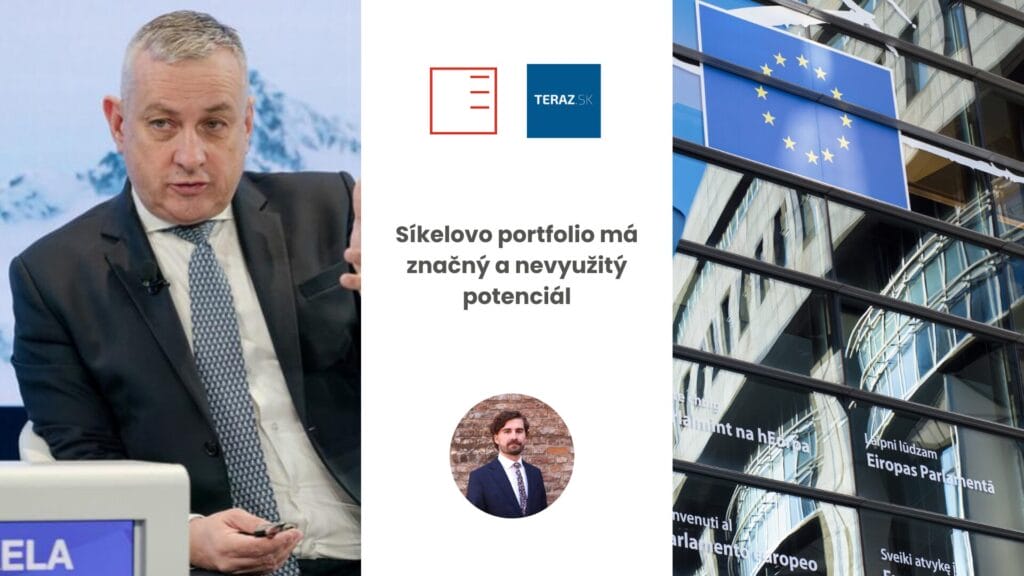
Teraz.sk | Portfolio of Jozef Síkela has significant and untapped potential
The International Partnership and Global Gateway portfolio of Czech Commissioner Jozef Síkela has significant and untapped potential. In an interview for TASR, Viktor Daněk, Deputy Director of EUROPEUM Institute, commented.
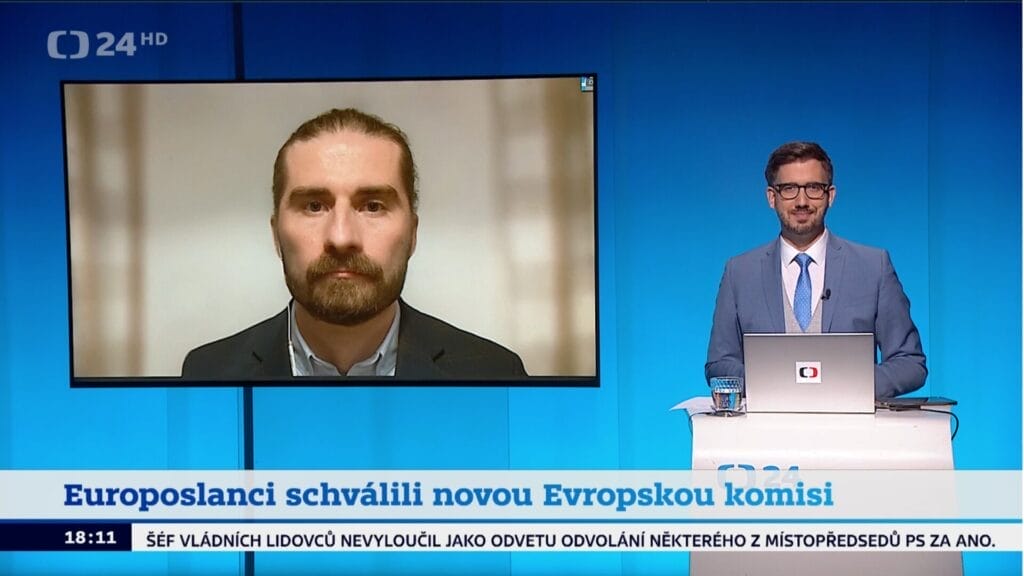
ČT24 | Members of the European Parliament approve new European Commission
Shortly after midday, the European Parliament approves the new European Commission by a majority. The new executive will take office on 1st December. It will also include the Czech Commissioner Jozef Síkela, who will be in charge of the international partnership. President Ursula von der Leyen has identified innovation, decarbonisation and security as her top priorities for the next term. Viktor Daněk, deputy director of EUROPEUM Institute, commented for ČT24.
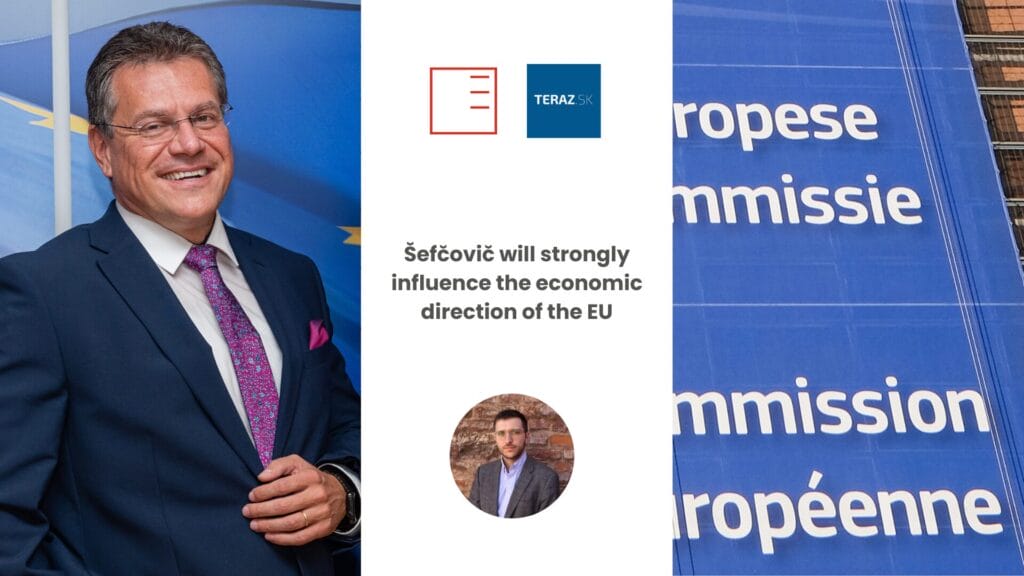
Teraz.sk | Šefčovič will strongly influence the economic direction of the EU
The trade and economic security portfolio is one of the most influential in the European Commission - and it is this portfolio that Slovak Commissioner Maroš Šefčovič will be in charge of. In an interview with TASR, Filip Křenek, an analyst at EUROPEUM Institute, explained how he can influence the economic direction of the EU.
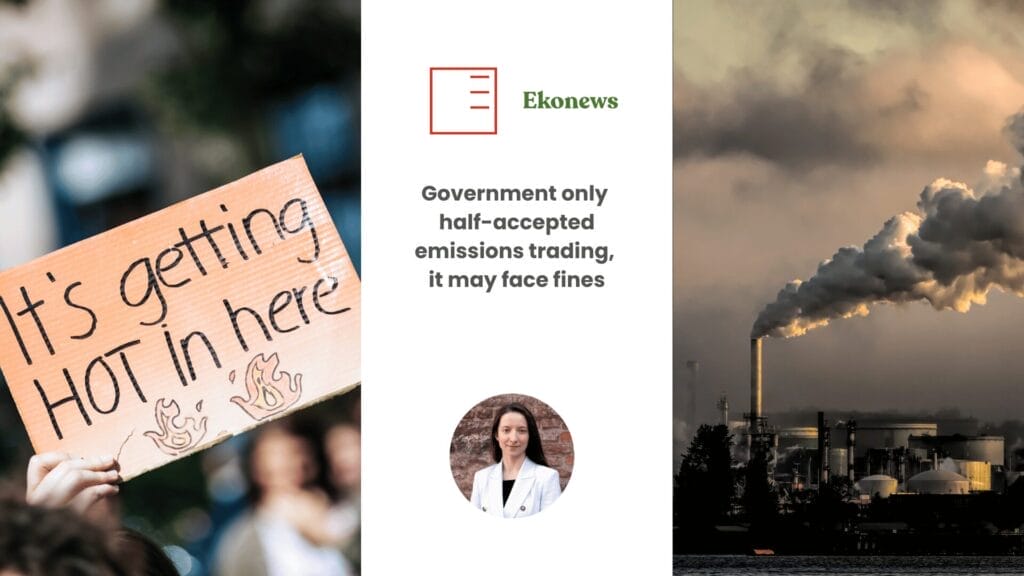
Ekonews | Government only half-accepted emissions trading, it may face fines
The government has partially adopted rules for emissions trading based on European regulations. However, failure to adopt some key aspects could lead to problems, including possible fines from the European Union. The main issues are the sharing of profits from allowances and the protection of vulnerable groups from rising energy costs. Rebeka Hengalová, an researcher at EUROPEUM Institute, commented for Ekonews.